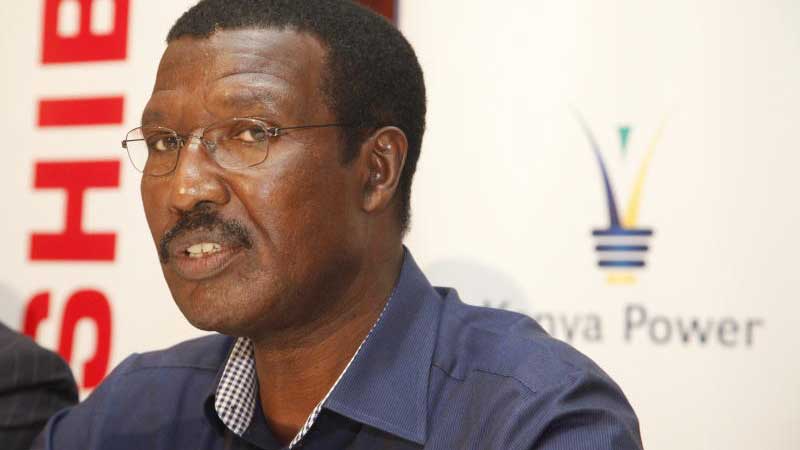
If approved by Parliament as Salaries and Remuneration (SRC) chairman, which is highly likely, Ben Chumo will be walking into a job that not only befits his human resource management doctoral degree, but also into a fire pit.
As former Kenya Power Company (KPC) boss ponders how he will present himself before the National Assembly’s Finance and Planning Committee, the corporate titan-turned-university don must be thinking of what lies in his in-tray and where he would start should he be approved as the next Salaries and Remuneration (SRC) chairman.